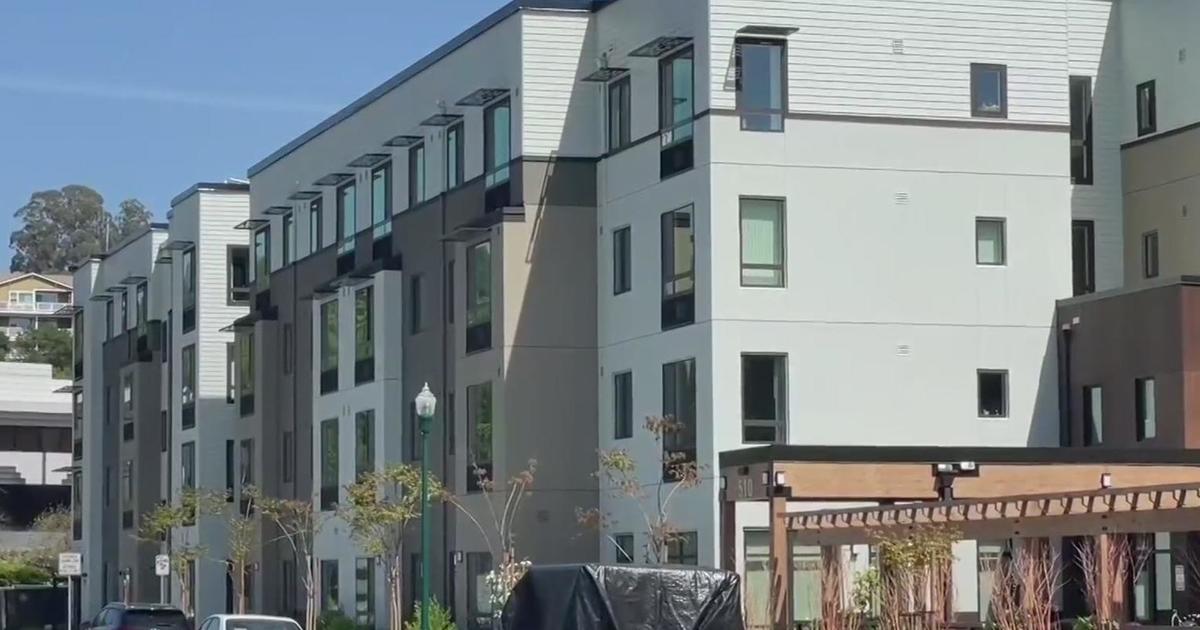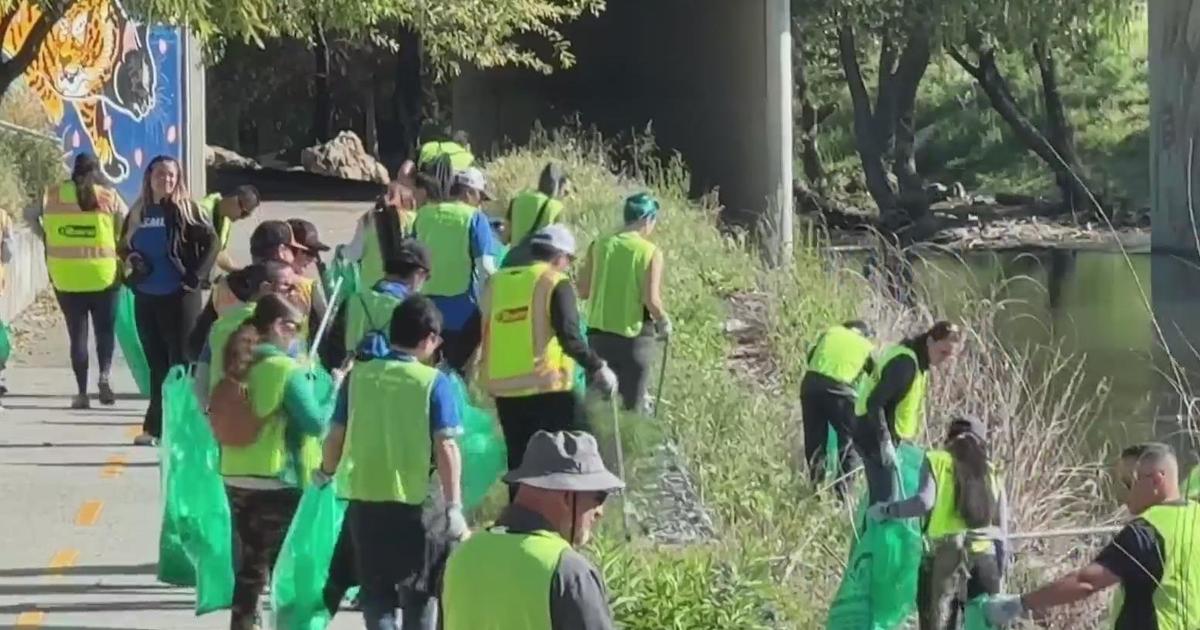Debate Rages Over Solution For Richmond Toxic Chemical Site Planned For Development
RICHMOND (KPIX 5) -- The Richmond Planning Commission on Thursday heard a proposal to build thousands of homes on one of the most toxic sites in California.
While Richmond Mayor Tom Butt says the plan is safe, that is not what he was saying two years ago.
The land on the property known as Campus Bay is a former chemical dump site that has left the land so toxic that some officials are proposing putting a concrete cap over the whole property to seal it in.
The question being raised: Is it a place people should be living?
A 4,000 unit housing development is proposed for the former Zeneca chemical plant which used to make sulfuric acid there. The California Department of Toxic Substances Control, or DTSC, says that due to the long list of toxins in the soil, the homes built there would come with an unusual set of requirements.
"Nobody's allowed to garden. Nobody's allowed to dig in the soil. They're not allowed to plant trees themselves. Their children aren't supposed to touch the soil," said Eric Blum, who owns a building one block from the site.
Neighbors told KPIX the poisoned dirt is releasing gasses and should be dug up and taken away, a plan called "Alternative 6." But Mayor Butt favors "Alternative 3A," which leaves the dirt at the current site and instead covers it in concrete.
However, in 2018, Butt voted with the rest of the Richmond City Council to send a letter to DTSC requesting that the soil be removed under Alternative 6.
"I believed at the time that only Alternative 6 would allow us to do residential development there. And it turned out, with more information, that was not accurate," Butt explained. "Alternative 3A would allow full residential development."
When asked if it would be as safe an alternative, Butt replied, "Actually, DTSC says there's no difference."
Area residents say they aren't buying that explanation.
"It can't possibly be the same. It isn't the same as removing it all," said neighbor Sherry Padgett. "Can you imagine living in a building where you think gas is coming into your house?"
The DTSC responded with a statement saying they consider leaving the soil in place to be a safer and quicker alternative. They said removing it could take a decade and cause much more traffic and air pollution from the trucks and heavy equipment required to do the job.
Opponents argue that once the concrete cap is applied, there will never be a way to correct the problem and the toxins will be there for future generations, releasing dangerous gasses and eventually leaching into the Bay.
The mayor said with Planning Commission approval Thursday, the city council could hear the issue on December 1st. But three new councilmembers were voted in on Election Day, and neighbors believe the issue is being fast-tracked to prevent the newly elected members from having a say.
"They should leave this for a month. A month is not going to make a difference in a deal this large," said neighbor Grover DeMarinis. "This issue, here at Zeneca, was part of the reason we voted those people in. And I think the voters need to be heard."
Some estimates put the cost of removing all the dirt at more than $130 million, a cost that would be paid by Zeneca. Opponents say once the concrete cap is placed, the company's responsibility for cleanup would end.



